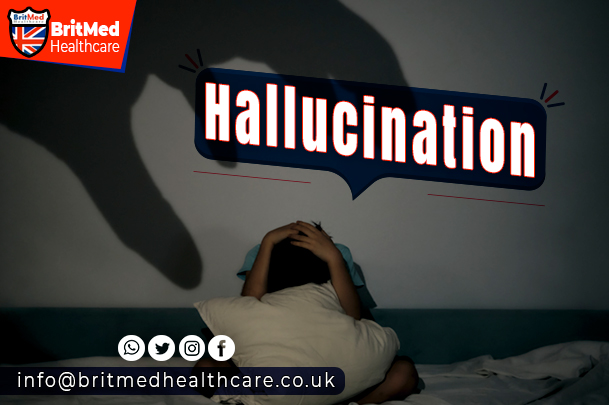Hallucination: A Misconception or a Real Phenomenon?
Hallucination is a term that has been bandied about in the popular culture to describe vividly unreal or fantastic experiences as real. Is it, however, truly a misconception or a real phenomenon? In this article, we try to find out what defines hallucination, its causes and effects, and explore when and where the boundaries between reality and perception stop.
Definition:
Hallucination is the sensory experience that may occur in the absence of any external stimulus perceived by the individual as a real event. It may be a part of one or more of the following: visual, auditory, tactile, olfactory, or gustatory experiences. An external object or event does not cause it. These can either be acute, which means they only remain for very short spans of time, or chronic, which means remaining for large spans of time.
Causes:
Several elements can lead to the onset of hallucinations. These include:
-Neurological Disorders: Diseases like epilepsy, multiple sclerosis, and Parkinson’s disease can be responsible for visual hallucinations (Hallett et al., 2016).
-Psychological Disorders: Schizophrenia, bipolar disorder, and major depressive disorder can also cause hallucinations (Kulkarni et al., 2015).
-Substance Abuse: The use of some drugs, such as LSD and PCP, can also lead to hallucinations (Kaplan et al., 2015).
-Sensory deprivation: The lack of stimulation of senses can trigger the development of hallucinations. Blakemore et al. (2015)
Effects:
Hallucinations might highly impact an individual’s life. They can cause anxiety and distress for any person; this may also lead to social isolation. Sartorius et al. (1986) Sometimes, hallucination could be a symptom that may indicate grave underlying conditions involving schizophrenia or even Alzheimer’s disease.
Boundaries between Reality and Perception:
Hallucinations often blur the boundary between reality and perception. Just because a person perceives a hallucination as such does not make it objective reality. It begs so many questions with regard to the nature of reality and how our brains process information.
Conclusion
Hallucination is indeed a real occurrence and might even have excessive interference with daily life. In as much as a wide variety of factors may be responsible for the occurrence of hallucination, it’s necessary to make the actual difference between reality and perception. Further research is needed for complete comprehension of the causes, effects, and good treatment modalities of hallucinations and those suffering from them.
References:
Hallucinations: Causes, Types, Diagnosis, Treatment (webmd.com)
Hallucinations: Definition, Causes, Treatment & Types (clevelandclinic.org)
Websites:
Britmed Healthcare: https://britmedhealthcare.co.uk/
Nightingale Hospital: https://www.nightingalehospital.co.uk/
Top Doctors: https://www.topdoctors.co.uk/doctor/ahmed-el-missiry
You can also book on Top Doctors UK Contact us on WhatsApp 08009708017

